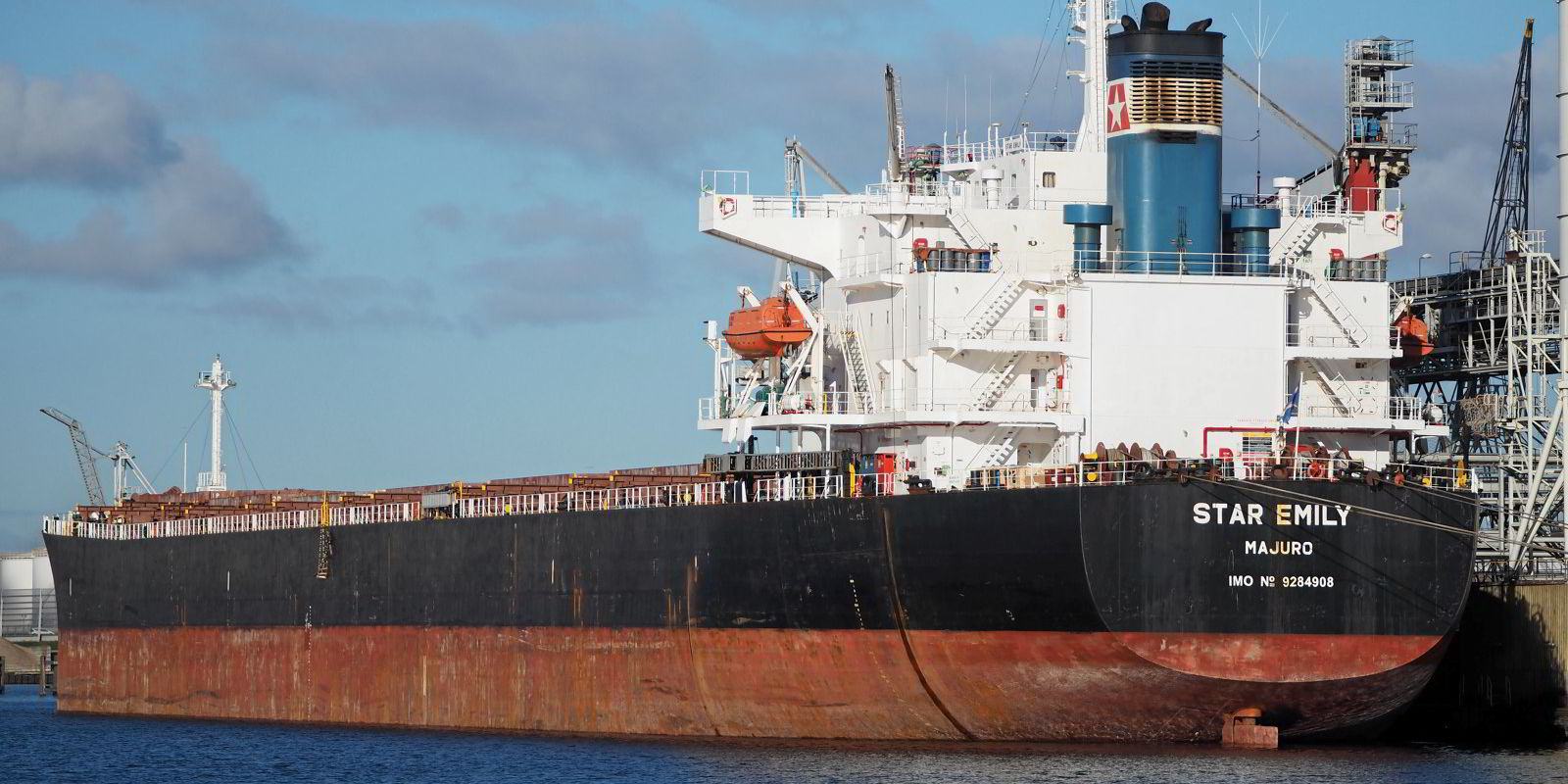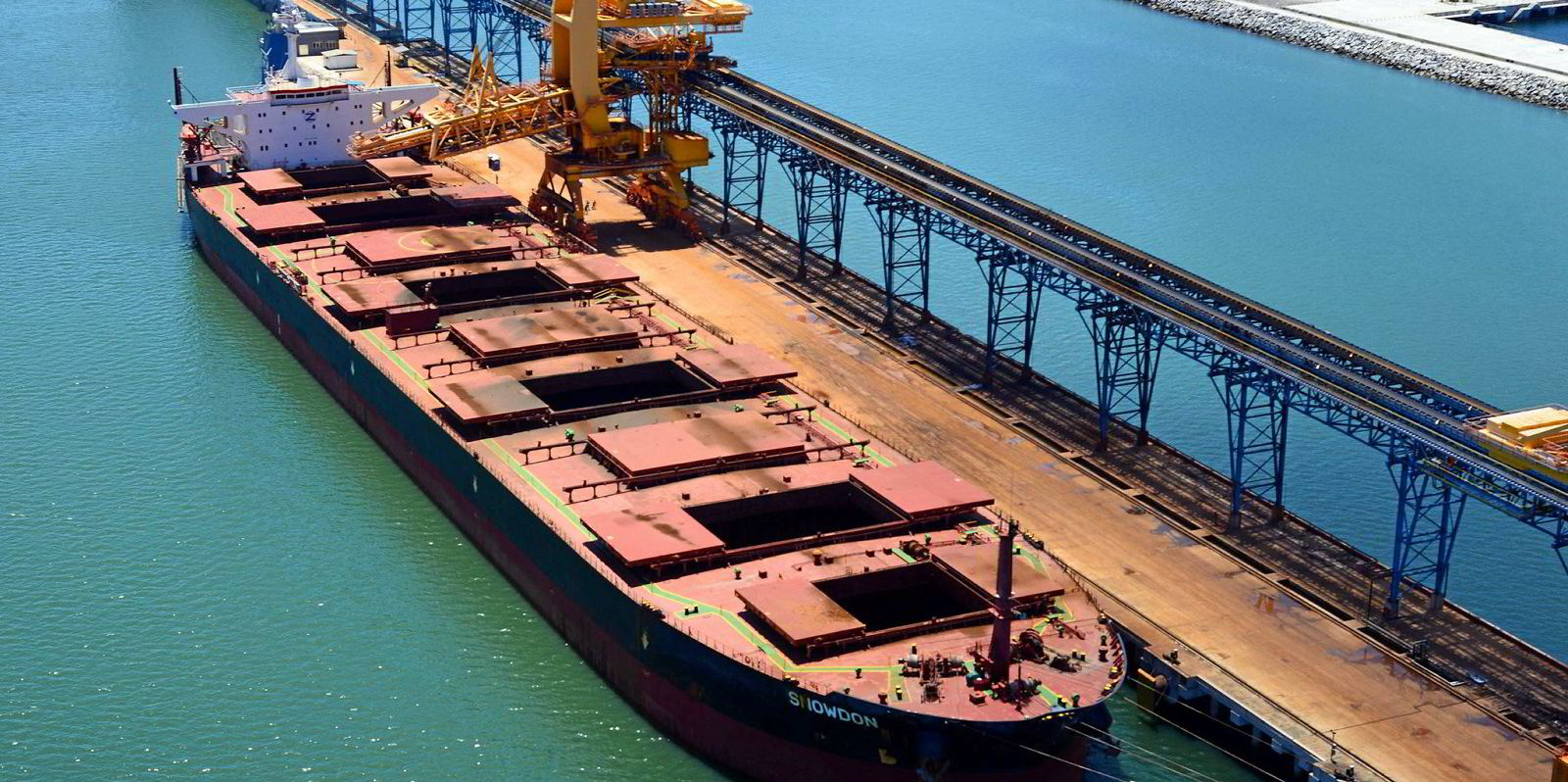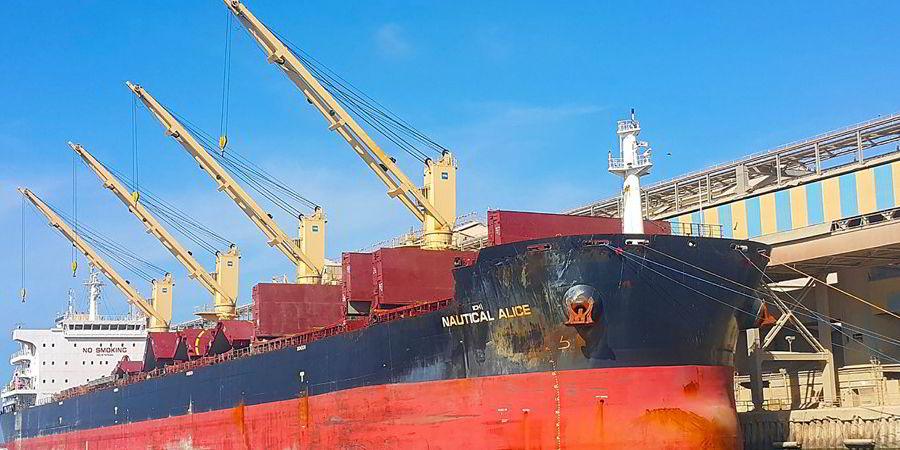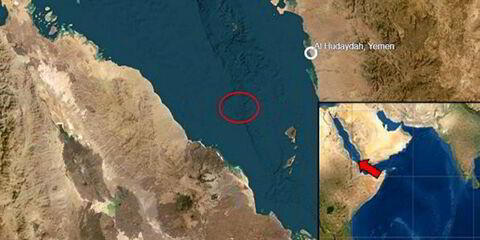Star Bulk Carriers swooped into the time-charter market to lock in some of its fleet before the dry bulk market took a dive, the New York-listed bulker owner has revealed.
Quizzed by an analyst, company chief financial officer Symos Spyrou said the outfit had tied up 17% of the fleet in the first quarter of next year.
The chartering activity locks in the equivalent of three capesizes, nine panamaxes and nine supramaxes for the first three months of 2022.
They are chartered at an average charter rate of just below $32,000 per day, he said during a conference call after the Greek outfit reported better-than-expected third-quarter results.
"Wow. That's pretty good," Stifel analyst Ben Nolan responded. "Nice work on that."
News of the period-charter moves come after the company reported net income of $225m for the third quarter, a near tenfold improvement on the same period of last year.
That was built on an average time-charter equivalent rate of more than $30,600 per day per vessel across the fleet.
It was a quarter that saw the Baltic Dry Index — a broad measure of the bulker spot market — surge before reaching a peak at 5,650 points on 7 October, the highest level since 2008. From there, the index plummeted to Wednesday's level of 2,430 points.

Star Bulk is typically a spot market player, although it has been known to dip into the period market in autumn when rates experience seasonal surges.
The company's charter market moves now look well-timed.
"Having a blend in the 30s for panamaxes and supramaxes is substantially better than where the market normally is," Nolan told TradeWinds, referring to the $30,000-per-day range.
"It seems to me like, given that rate level, they contracted those pretty close to the top."
Star Bulk does not reveal individual vessel transactions for its fleet of 128 ships.
But Baltic Exchange data reveals details of a few transactions.
In the panamax size range, Dubai's Mina Shipping locked in Star Bulk's 82,200-dwt Star Helena (built 2006) for nine months at $32,500 per day in a deal reported on 25 October.
A few days earlier, the same charterer hired the 82,800-dwt Star Gwyneth (built 2006) for $32,150 per day. That charter is also set to last nine months.
In September, Chinese bulker operator Solebay Shipping picked up the sistership Star Kamila (built 2005) for $30,500 per day.
As Star Bulk ran for charter cover for some of its bulker fleet, the spot market pulled back due to a variety of market factors that were all related to the world's biggest import market for dry bulk commodities.
"The market is down for three reasons: These are China, China and China," Spyrou said.
Star Bulk chief executive Petros Pappas said steel production cuts, increasing local coal production and a bid by Beijing to ensure clean skies for the upcoming Winter Olympics in February all conspired to drag down spot rates.
But he noted that as China imported less bulk commodities, the year's high charter rates came as other countries made up the difference, which Pappas sees as a favourable sign for the future.
"You remember what we all used to say, 'If China sneezes, the market will catch pneumonia'," he said. "China sneezed, and we didn't catch, exactly, pneumonia."
Pappas said Star Bulk believes there will be a market slowdown in the first quarter of next year but, going forward, China's coal and iron ore imports should pick up. The iron ore volumes should come from China, which he said should boost tonne-miles.
He believes that India's coal imports will also add to the market rebound.
Pappas said net fleet growth in the dry bulk sector is expected to be just 1.5% per year in 2022 and 2023. Factors keeping supply growth down include full shipyards and geopolitical tensions between China and Australia, making the fleet less efficient.
On the demand side, tonne-miles should grow 4.8% this year followed by 2.4% next year.
"We remain very positive," he said. "We think there is going to be a slowdown for Q1. We think the market will start moving after the Winter Olympics."






